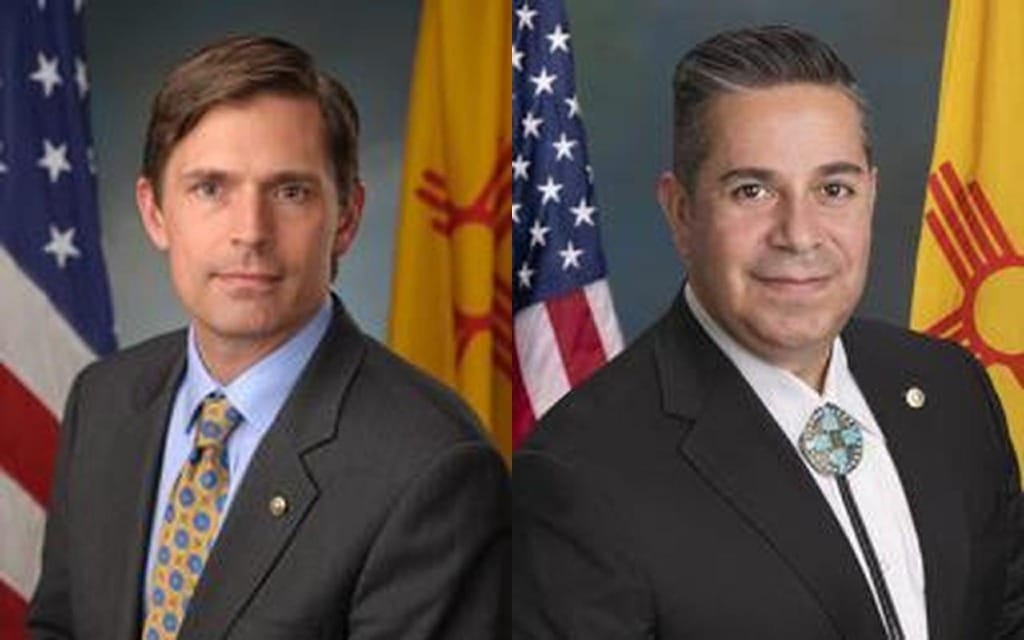
New Mexico’s Federal Officials Demand Lutnick Reinstate DEA
New Mexico’s three congressional representatives, and its two senators, sent a strongly worded letter Friday to Commerce Secretary Howard Lutnick that asked him to restore funding for the Digital Equity Act “immediately.”
The letter, signed by Sens. Ben Ray Lujan and Martin Heinrich, both Democrats, as well as Reps. Teresa Leger Fernandez, Gabe Vasquez, and Melanie Stansbury, all Democrats from the state, demanded that the Commerce Department “immediately restore [Digital Equity Act] funds awarded for digital inclusion efforts in New Mexico.”
It stated that funding from the Digital Equity Act was “essential to serving 1,939,000 people in New Mexico who continue to face significant challenges in securing and maintaining internet connectivity,” and touted the benefits that the funding would have provided. Ending the program, they said, “is like abandoning a bridge when it is only halfway built – it leaves communities stranded and in the digital dark, with opportunity just out of reach.”

Panel 1: How Are States Thinking About Reasonable Costs Now?
Panel 2: Finding the State Versus Federal Balance in BEAD
Panel 3: Reacting to the New BEAD NOFO Guidance
Panel 4: Building, Maintaining and Adopting Digital Workforce Skills
All Videos from Speeding BEAD Summit
The DEA was passed in 2021 as part of the bipartisan Infrastructure Investment and Jobs Act of 2021. Administered by the National Telecommunications and Information Administration, the program was allocated $2.75 billion “to establish grant programs for promoting digital equity, supporting digital inclusion activities, and building capacity for state-led efforts to increase adoption of broadband.” It sought to promote broadband adoption by addressing non-infrastructure barriers–such as unfamiliarity with the internet–that underserved communities often face.
New Mexico was slated to receive $8.67 million from the DEA to help close its digital divide. In May, Pres. Donald Trump ended the DEA program, citing concerns that it was “racist” and “illegal.” Proponents of the program have argued that the DEA promotes digital equity, and that Trump does not have the authority to end it.

